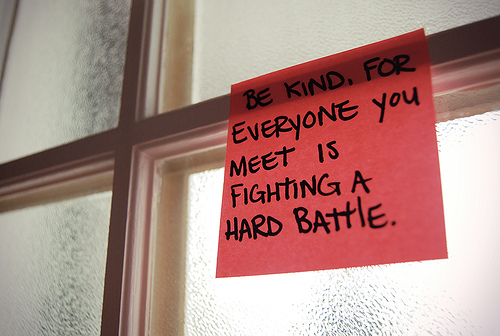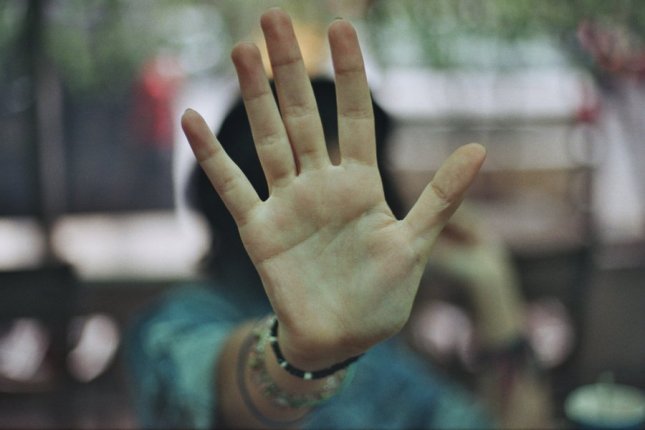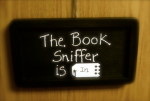Third lesson in the fine art of being snubbed (review lessons one and two here and here):
Remember the one fact rule.
The one fact rule is simple: behind most obnoxious behavior is one fact, which, if known, would place that behavior and the person (mis)behaving into context and make the whole thing a bit more palatable.
In the case of Parker Palmer’s “Student from Hell,” it was encountering that student more closely later on that provided the “one fact” he needed:
The young man lived with his father, who berated him daily for his foolishness: “The world is out to get people
like us, and college is part of the scam. Drop out, get a fast-food job, save whatever you can, and settle for it. That’s how it’s always been, and that’s how it’ll always be.
Daily this young man felt his motivation for college fading away. “Have you ever been in a situation like this?” he asked. “What do you think I should do about it?”
We talked until it was time for my plane to take off, and for a while afterward we corresponded. I do not know whether I helped him—but I know that he helped me. He helped me understand that the silent and seemingly sullen students in our classrooms are not brain-dead: they are full of fear.
The Student from Hell is not born that way but is created by conditions beyond his or her control. Yes, one or two of them may have been sent here directly by Satan to destroy Western civilization as we know and love it. But this particular student—whose plight represents many others—forced me into a deeper understanding of the student condition, one that is slowly transforming the way I teach.
I first encountered the statement in John Eldredge’s book Waking the Dead (another seminal read for me), and though it’s often attributed to Plato, evidently Ian Maclaren was the first to put it in writing:
Be kind to everyone you meet, for everyone you meet is facing a battle.
Or at least that’s my paraphrase.
I also call it the one fact rule.
I don’t know what the one or multiple facts that provide context to the “GIT!” from the angry man. He was in church, yes, but he was in a wheelchair too. Did he see me dancing during worship and was that the issue – is dance in church itself offensive, or was my dancing offensively bad (too often a fair cop there!); if it was my dancing, was it received more as taunting than refreshing? Or was it something else altogether? Was it just the timing? Or is he just a bitter, angry man stuck in a chair and this really has nothing to do with me? If it’s the last scenario (or any of the others) the reality is churches should be havens for bitter, angry men and women, in or out of chairs.
I didn’t have the opportunity that morning to learn the “one fact” – when I next looked over across the room, he was gone.
Perhaps another time.
So what more was there to do but leave the snub, receive back the dove, and pray grace over whatever “one fact” remained concealed from my eyes, praying for the grace to be given that I myself so desperately need when it’s my turn to yell “GIT!” to a total stranger?
Like on my way home from work tonight…








